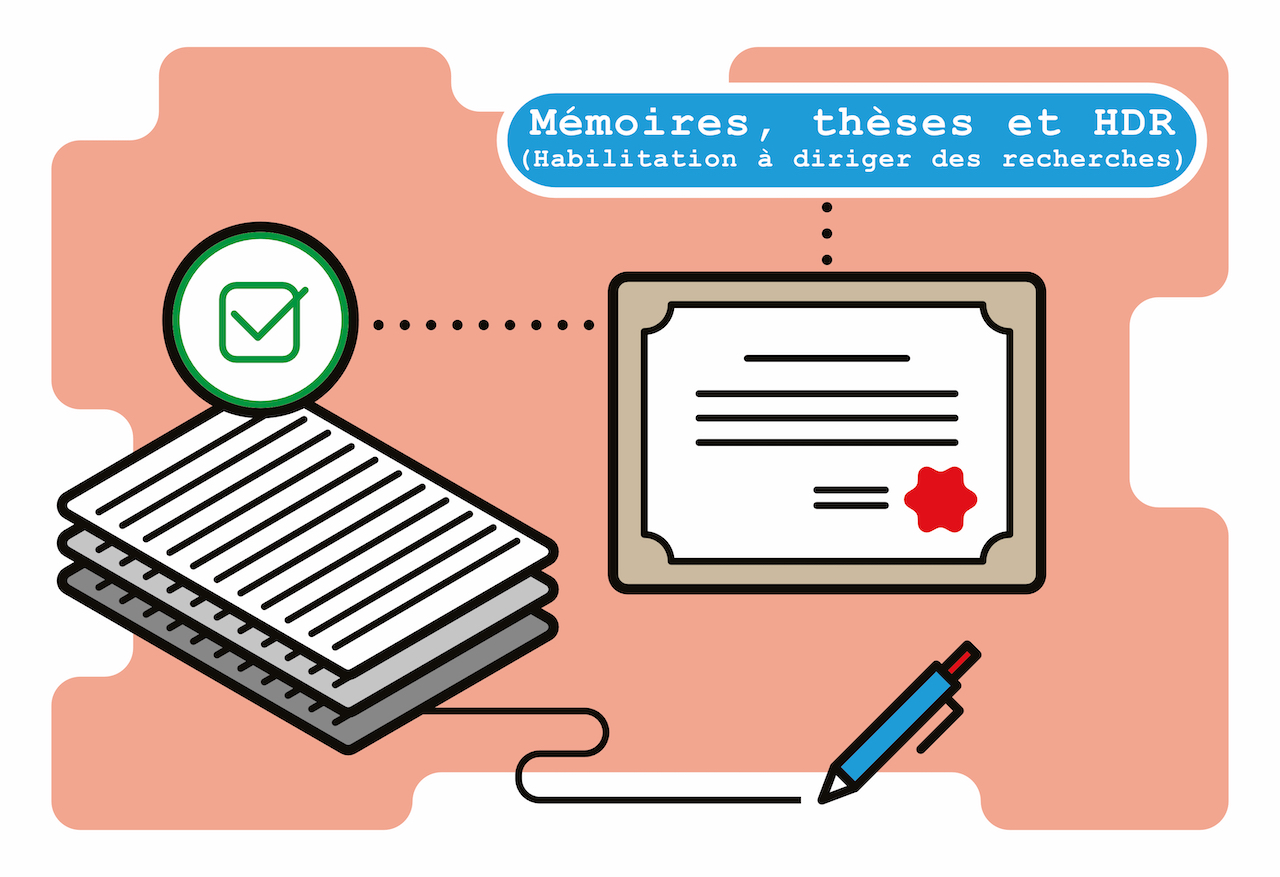Fiche du document
- ISIDORE Id: 10670/1.ebbe6b...
Mots-clés
Philosophy Social epistemology Science--PhilosophySujets proches
Natural science Sciences Science of science Social conformity Rebels (Social psychology) Nonconformism Nonconformity ConformismCiter ce document
S Gouveia, « Creativity versus conservatism in science: a simulation-based investigation », Oxford Research Archive, ID : 10670/1.ebbe6b...
Métriques
Partage / Export
Résumé
Scientists and the communities which they integrate may display stronger or weaker tendencies to conform to certain ways of approaching the research of a given scientific topic. Some have claimed that the level of conformity displayed has important epistemic implications. In particular, it has been argued that scientific nonconformity is beneficial for the progress of science, as it is conducive to the adoption of a diversity of scientific approaches, some of which may be truth-conducive and would not be attempted in more conformist settings. In this thesis, I refine and operationalise an account introduced by Currie(2019b) which frames conformity and nonconformity in science as conservatism and creativity, respectively. In particular, I build an agent-based model from this framework, and I use it to run computer simulations and test whether scientific creativity really promotes scientific progress. Ultimately, by combining the results of these simulations with considerations about the institutions of science, I conclude that in order for a scientific community to reap the epistemic benefits often associated with scientific creativity, its scientists need not (and probably should not) be particularly creative.
